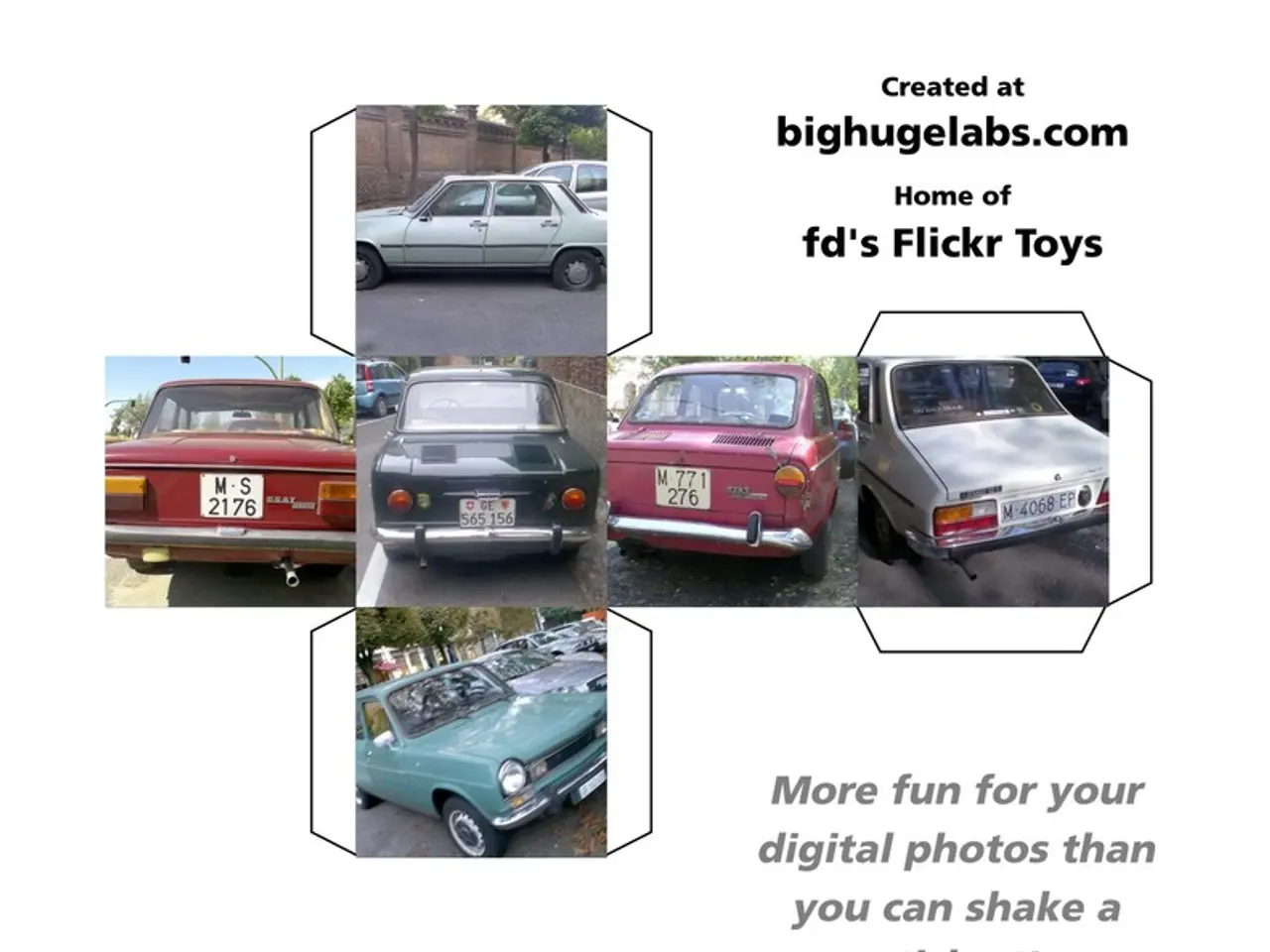Comparison of Decarbonization Strategies for Trucks Across Europe
In a groundbreaking study, Polymach Group and Tractebel Engineering have analysed the total cost of ownership (TCO) for various powertrain technologies in Europe's heavy-duty truck industry. The comprehensive research covers hydrogen fuel-cell, hydrogen combustion, battery electric, and alternative fuels such as e-diesel and bio-CNG.
The study reveals that battery electric powertrains are expected to be the most cost-effective technology before 2030, with TCO parity anticipated between 2025 and 2026 for heavy-duty long-haul trucks. For medium- and light-duty urban trucks, battery electric powertrains have already reached TCO parity with diesel counterparts.
In the medium- and light-duty urban truck segment, hydrogen fuel-cell powertrains are anticipated to match TCO parity with diesel by 2030. However, in the long-haul segment, hydrogen fuel-cell powertrains are projected to become cost-competitive with diesel trucks by 2035. Hydrogen combustion trucks, on the other hand, are expected to record better TCO than conventional trucks powered by e-diesel and bio-CNG in the long term.
Trucks running on 100% HVO may record better TCO than e-diesel and bio-CNG by 2030, but they are still 20% to 30% more expensive than battery electric trucks. The study also finds that hydrogen combustion trucks offer economic performance that surpasses conventional trucks powered by e-diesel and bio-CNG, with up to 15% lower TCO for long-haul trucks.
The results of the study provide valuable insights for policymakers and industry stakeholders as they navigate the transition to more sustainable heavy-duty vehicles. The study also projects the analysis until 2040, updating fuel and energy costs to reflect changes between 2020 and 2023.
By 2040, hydrogen combustion trucks are 25% to 45% more expensive than battery electric trucks, due to the price of green hydrogen fuel and higher fuel consumption. On the other hand, conventional trucks with alternative fuels (HVO, e-diesel, and bio-CNG) are not expected to reach TCO parity with diesel before 2040.
The study offers a comprehensive TCO analysis for various truck classes and powertrain technologies in Europe, including hydrogen combustion trucks. The research highlights the potential for cost-effective solutions with battery electric powertrains even for challenging long-haul cross-border applications before 2030, dependent on a high-power MW public charging infrastructure.
The results of the study offer a promising outlook for the transition towards more sustainable heavy-duty vehicles, with battery electric powertrains emerging as the most cost-effective solution in the short term. As the industry continues to evolve, it is expected that hydrogen fuel-cell powertrains will become increasingly competitive in the long term, particularly in the medium- and light-duty urban truck segment.
Read also:
- visionary women of WearCheck spearheading technological advancements and catalyzing transformations
- A continuous command instructing an entity to halts all actions, repeated numerous times.
- Oxidative Stress in Sperm Abnormalities: Impact of Reactive Oxygen Species (ROS) on Sperm Harm
- Genetically manipulated rabbits sprout ominous black horns on their heads








